What Does Loss Control Mean?
Loss control can mean different things. It can also mean different things to different people... From an insurance carrier and broker point of view loss control is a risk management technique that seeks to reduce the possibility that a loss will occur and/or reduce the severity of those that do occur. Also known as risk control or safety. A Driver training program is an example of a loss control program that seeks to reduce the likelihood of accidents occurring. Sprinkler systems are an example of loss control devices that reduce the severity of loss by fire.When businesses reach a certain size it usually means that insurance companies will want to order a loss control inspection to make sure they are comfortable with the risk and that the insured is proactive about preventing losses. However, many businesses view the loss control inspection process as a painful experience that takes time from their day and may require them to spend more time and money to improve their loss control systems.
A "good" business owner will see loss control as an opportunity to prevent injury to employees and the public, to prevent damage to first party and third party property and to reduce overall insurance costs by being a favorable risk.
A "less than good" business owner will see loss control as an invasive insurance company technique to create a financial burden for them and a way for the insurance companies to make more money for themselves.
Yes, insurance companies have an interest in preventing losses and yes, some of the recommendations you will see on an inspection result make cost money to implement. As insurance brokers we see make inspection results and rarely see any egregious recommendations. They are mostly common sense techniques to minimize loss. Also, most recommendations are not costly to resolve. The photo above is a good example of a recommendation. A loss control inspector will look for wet floor signs and advise that they are needed and required if not already in use. Many businesses will have a great inspection with no recommendations and feel comforted with their existing loss control program.
What some businesses fail to recognize, or choose to ignore, is that this loss control inspections are designs to help ALL parties. The insurance company benefits by reducing the probability of loss, the public ands employees benefit by the reduction of injury, the insurance broker benefits by being able to work with the carrier and the insured on resolving exposures and reducing claims which helps their profitability, and finally the insured benefits by not having claims which can be expensive!
Here's are some expenses most businesses don't think about until they have a claim:
TIME- The time involved to work on a claim, calculate losses, work with the adjuster, have staff help, etc, all add up. Lost time to handle a claim is hard to quantify, but expensive.
DEDUCTIBLE- Most business owner policy or property policies carry at least a $500 deductible, but larger account are sometimes upwards of a $5,000 deductible.
PUBLIC OPINION- Losing public trust because of a claim that could have been prevented could cost you big time, or even put you out of business. This of food borne illness.
STAFF MORAL- If you have a claim that could have been prevented and staff know it, they will not be happy. What is the cost of losing good employees?
So the next time you get a phone call or email from your loss control expert, think of it as an opportunity to help your business. As a broker we can help if you disagree with the outcome, but it's better to fix a couple minor problems than to deal with a major one that could have been avoided. Please contact us to discuss your controls and loss prevention questions.
